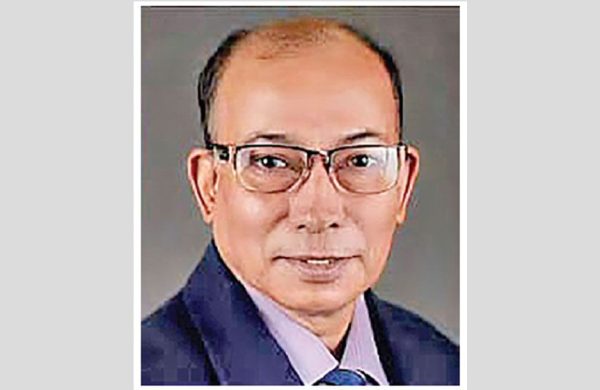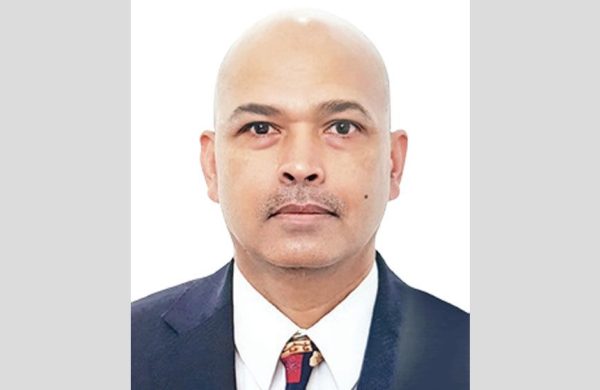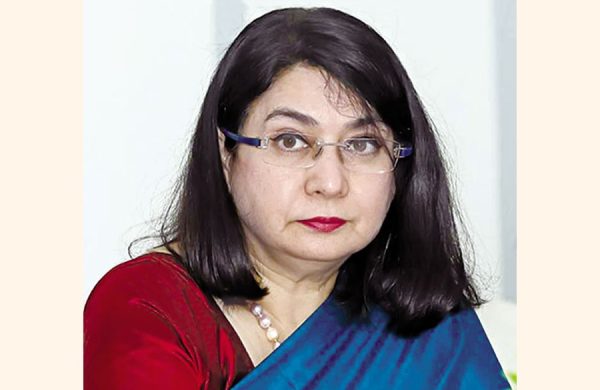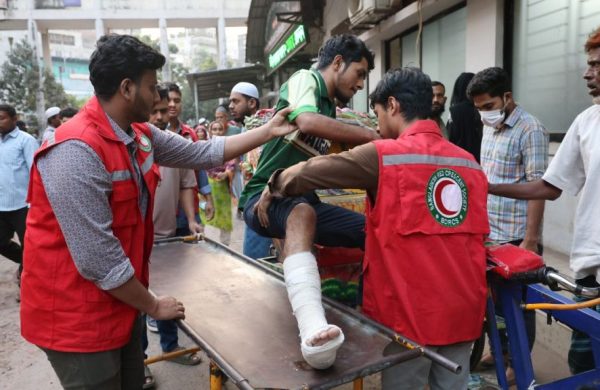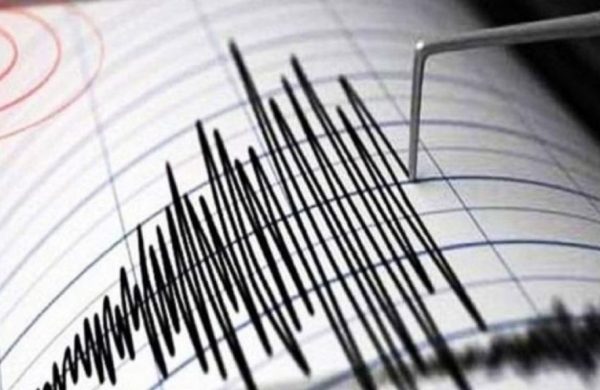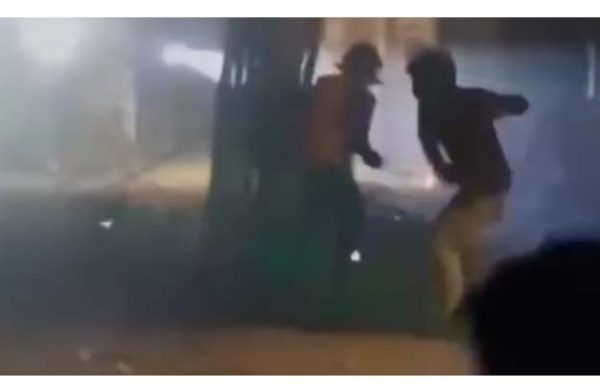Attempt to turn the Army into an adversary must be foiled
- Update Time : Sunday, October 12, 2025
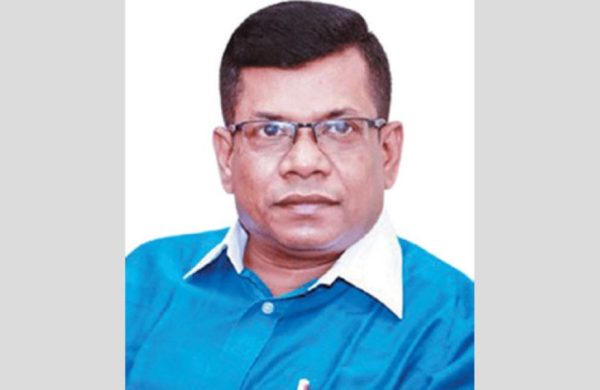
—Mostofa Kamal—
As Bangladesh approaches its next national election, a familiar but dangerous pattern has emerged once again. Domestic and foreign propagandists are stepping up their efforts to spread rumors and misinformation targeting the Bangladesh Army. Even though their past attempts have largely failed, they remain relentless—hoping that “something might stick.” Almost every day, fabricated stories are being circulated, often spiced up with imaginary conflicts: between the army and the government, between the chief adviser and the army chief, or between senior and subordinate officers within the military.
This election is going to be a major test for the Election Commission (EC). Although the Commission bears the primary responsibility for conducting the polls, it is not a one-actor process. Candidates, voters, political parties, law enforcement agencies—all are crucial stakeholders. The EC plays the role of referee, and in this “umpiring,” law enforcement agencies play a decisive part. Among these forces, the public usually thinks of the police first, then the army, the RAB, the BGB, and the Ansar.
The reality is that the police, after years of working as a repressive tool during the previous regime, still carries a legacy of mistrust. By contrast, the army has retained a far higher level of public confidence. Under the previous government, the armed forces were deliberately excluded from the definition of law enforcement agencies for election-time duties. This time, the EC has moved to restore that confidence by amending the Representation of the People Order (RPO) 1972 to include the armed forces again as a law enforcement agency during elections.
There’s a difference between maintaining law and order and enforcing it. Many citizens, tired of years of manipulated voting, now believe the army’s presence during elections could help ensure a fair process. This belief was the basis for the 2001 decision to amend the RPO to include the armed forces in the definition of law enforcement agencies during national elections. The same principle was later extended to local government polls. However, after winning the 2008 election, the Awami League government reversed that amendment, excluding the armed forces from the legal definition of law enforcement agencies.
The latest move by the EC has revived a sense of hope. The prospect of being able to vote freely for their preferred candidates is something cherished by all who believe in democracy. Even the international community has expressed its expectations. Ambassador Michael Miller of the European Union recently told journalists at the Election Commission building in Dhaka that the EU hopes the upcoming polls will be free, fair, and credible. Meanwhile, Chief of Army Staff General Waker-uz-Zaman has instructed his troops to remain ready to perform their duties impartially and strictly in accordance with the law.
It is precisely this growing trust and anticipation that certain quarters are now trying to undermine. They have launched a fresh campaign to discredit, confuse, and provoke the army. Historically, calls for “unquestioned elections” or “credible elections” emerge when there are real doubts about the integrity of the process. Political parties and civil society often raise concerns about the EC, voting mechanisms, or the conduct of law enforcement—creating the very space where propaganda flourishes.
Over the past 53–54 years, Bangladesh has witnessed numerous election models—one-party, two-party, multi-party—each producing its own variations: “free and fair elections,” “participatory elections,” “media coups,” “vote box stuffing,” “yes-no referendums,” “subtle rigging,” and “school-level manipulation.” From the ballot-box looting of 1973, which deeply tarnished the image of Sheikh Mujibur Rahman, to the election engineering of the Hussain Muhammad Ershad era, to the relatively clean 1991 polls under a neutral caretaker government, the country has seen it all.
Later came the infamous Magura by-election, the 15 February sham election, and the caretaker-led votes of Habibur Rahman, Latifur Rahman, and Fakhruddin Ahmed. Finally, 2018 brought allegations of “midnight voting”, while more than half of the members of parliament were elected uncontested. Now, in 2024, the context is very different. The public is yearning for an end to fraudulent electoral practices. Bangladesh is not North Korea or post-coup Myanmar. The world is watching closely. Returning the army to election-time law enforcement is therefore a crucial step toward credible elections.
But as hopes rise, so do conspiracies. The aim of these campaigns is to create the impression of a rift between the government and the military, to sow division within the army, and to ultimately disrupt the election. They are trying to turn the army into a common adversary, spreading outrageous claims to provoke confusion and anger within the ranks. Social media and the misuse of artificial intelligence have intensified this propaganda war.
False claims are flooding online spaces: “Tension at the cantonment,” “The army chief has been surrounded,” “Jahangir Gate partially closed,” “Is the game on?” “Is Waker still in the chair?” Such posts are being circulated widely. Some Indian media outlets are eagerly amplifying these fabricated stories. Other baseless claims include “The chief adviser has removed the army chief” or “Countdown begins for Yunus or Waker’s exit.” Conspiracy theories are also being spun around the Chittagong Hill Tracts—suggesting troop withdrawals or new camps—despite there being no basis for such claims.
This is only the beginning. As the election draws nearer, these propaganda campaigns will likely intensify. Some individuals indulge in casual army-bashing simply to appear “smart” or to go viral, forgetting the history of sacrifice tied to the armed forces. Without Bengali soldiers, the Liberation War would not have been won in 1971. Hussain Muhammad Ershad’s fall in 1990 would not have been possible had young officers obeyed orders to shoot protestors. The 2024 student uprising that toppled Sheikh Hasina would not have succeeded without the army standing beside the people.
But the propagandists have bigger goals: revenge against those who stood with the people, undermining the role the army played in the July uprising, creating chaos during the election, and destabilizing the state. Some are operating from within the country, others from abroad. Social media platforms, lacking editorial oversight and accountability, have become fertile ground for such campaigns. For them, virality matters more than national stability.
History has repeatedly shown that when the army is targeted through disinformation and provocation, it is not just an institution under attack—it country’s sovereignty also comes under threat. This is why the attempt to turn the Bangladesh Army into an adversary must be confronted head-on.
———————————————————————–
The writer is a columnist and Deputy Head of News at BanglaVision



